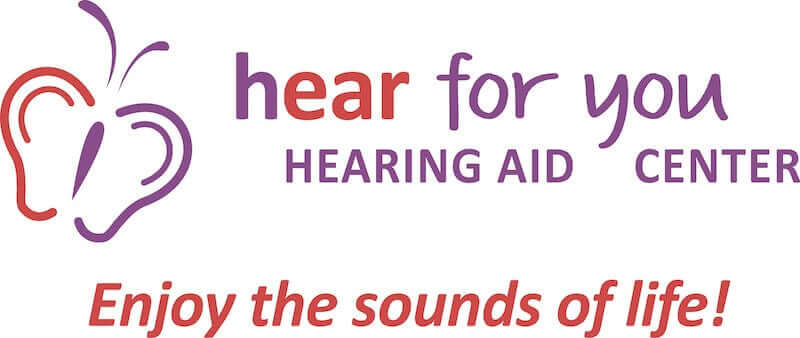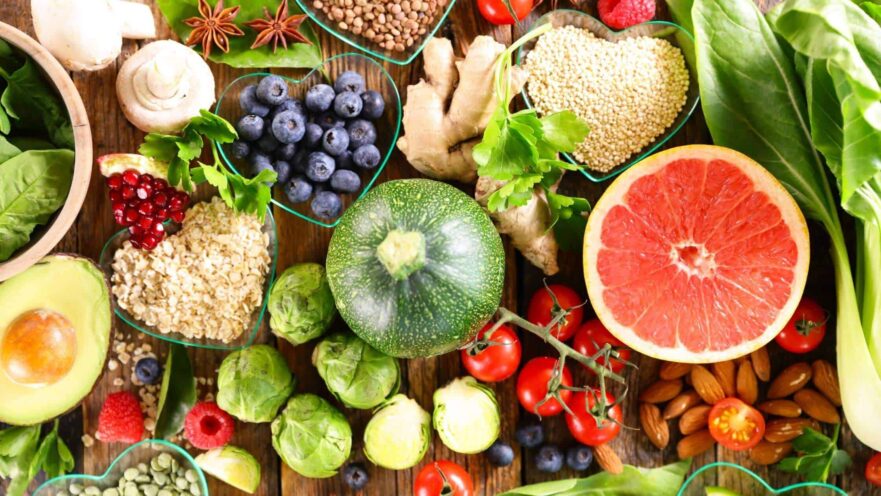We all want to maintain our best hearing ability throughout our lives. While hearing protection is important for hearing loss prevention, and hearing aids are important for hearing loss treatment, it turns out that dietary factors can also contribute to better hearing. And, as a bonus, the same dietary measures that can protect our hearing are also good for a lot of other aspects of our health and well-being!
DASH and aMED
A study by researchers at Brigham and Women’s Hospital found that, over the course of four years, those who closely followed an anti-inflammatory diet had significantly less age-related hearing loss than those who did not. These diets included Dietary Approaches to Stop Hypertension (DASH) and the alternative Mediterranean Diet (aMED).
While the degree of hearing loss we might experience as we age can be unpredictable, the diet we eat is one of the few modifiable risk factors that have been identified. Both DASH and aMED are high in fruits and vegetables. While DASH is also high in fiber and protein, aMED is high in nuts, legumes, seafood, and whole grains. aMED also includes moderate alcohol consumption and small amounts of red meat.
These diets are high in some specific nutrients that have been linked to better hearing. Let’s take a look at them so you can be sure you’re getting enough of both in your diet!
Folate (Vitamin B-9)
Numerous studies over the years have linked folate to better hearing. Or, more specifically, they have linked lower levels of folate with more hearing loss. The connection is well-established at this point, so make sure you’re getting enough folate!
Supplements can work, though folate is fat-soluble and it is possible to take too much. If you want to add more folate into your diet with food, eat lots of broccoli, asparagus, spinach, beans, nuts, eggs, and liver.
Vitamin B-12
Just as with folate, deficiencies of vitamin B-12 in the blood have been linked to greater age-related hearing loss. It is believed that deficiency in both folate and B-12 causes elevated of homocysteine in the body, which restricts blood flow to the cochlea in the inner ear. This in turn starves the delicate hair-like cells of the nutrients they need to function properly, leading to hearing loss.
If you want to add more B-12 into your diet, look to animal-derived foods like meat, eggs, fish, and dairy products. Those following a vegetarian or vegan diet should take B-12 supplements.
Omega-3 Fatty Acids
We hear a lot about the importance of having plenty of omega-3’s in our diet to balance out omega-6. While there are numerous sources of omega-3’s we can consume, one that gets a lot of attention is cold-water fish.
A study from 2010 in the American Journal of Clinical Nutrition discovered that participants who ate at least two servings each week of cold-water fish had a 42% lower risk of age-related hearing loss than those who ate less than one serving per week. However, there are concerns about mercury levels in some cold-water fish. The types that are safe to eat up to three times per week include salmon, tuna, Atlantic mackerel, cod, and sardines. Canned light tuna is also safe and healthy.
Other good sources of omega-3’s include spinach, wild rice, grass-fed beef, flax seeds, flaxseed oil, chia seeds, walnuts, and olive oil.
Vitamins A and E
Both vitamins A and E are antioxidants, which help clear free radicals and prevent damage to the delicate structures of the inner ear. A 5-year study found that those with the most vitamin A in their diets had a 47% reduced risk of hearing loss, while vitamin E reduced the risk by 14%.
To get more vitamin A in your diet, eat plenty of broccoli, spinach, kale, sweet potato, carrots, beef liver, eggs, and grass-fed butter. For more vitamin E, add in some almonds, avocado, sunflower seeds, butternut squash and olive oil.
Vitamin C
No list of important nutrients is complete without a mention of mighty vitamin C! A powerful antioxidant, it works hard to protect the ears as well as the auditory brainstem from the effects of noise exposure. It has even been proved helpful at reducing the severity of sudden sensorineural hearing loss.
For vitamin C, eat citrus fruits, strawberries, papayas, broccoli, Brussels sprouts, bell peppers and dark leafy greens. Supplements can also be a good idea, as they are very hard to overdose on!
If you or a loved one may be experiencing hearing loss, make an appointment for a hearing test today and take charge of your hearing health!

